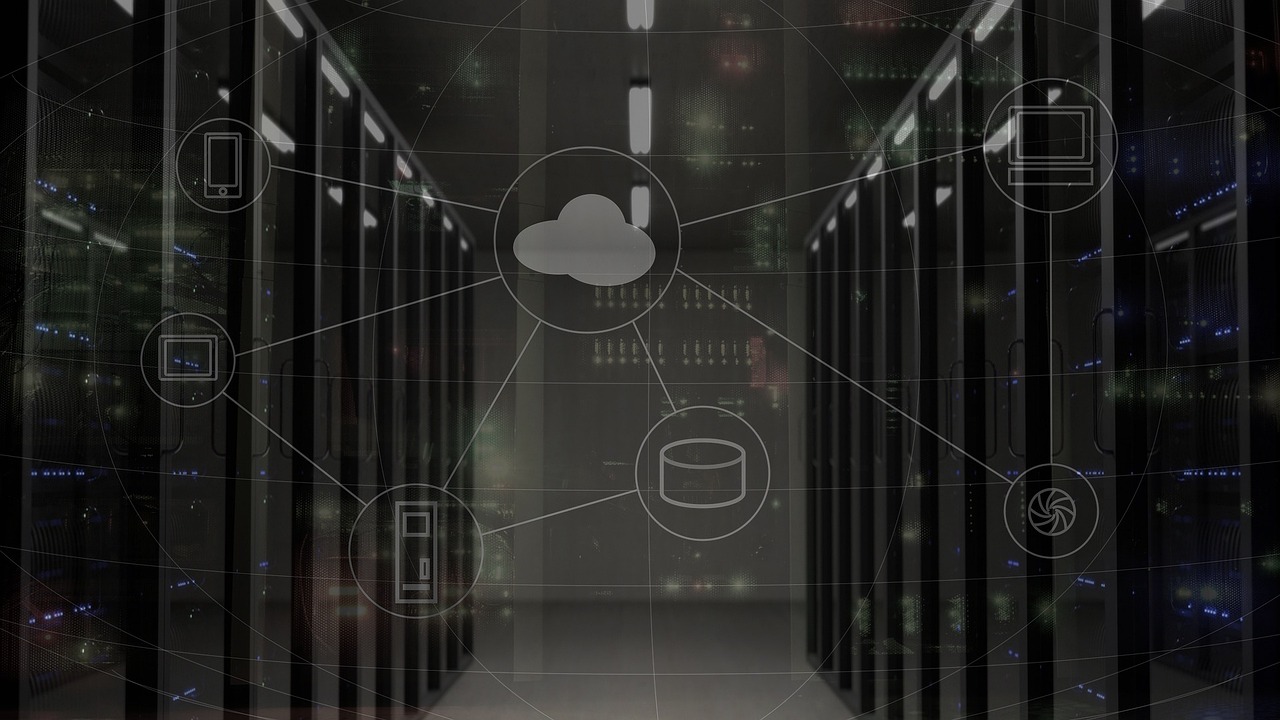
In today’s rapidly evolving digital landscape, where data is generated at an unprecedented rate, traditional cloud computing architectures face significant challenges in terms of latency, bandwidth limitations, and privacy concerns. To overcome these limitations, a groundbreaking technology known as edge computing has emerged, pushing the boundaries of cloud computing. Edge computing brings computing resources closer to the source of data generation, enabling real-time processing, improved performance, and enhanced data security.
According to recent research, the global edge computing market is projected to reach a value of $9.9 billion by 2025, with a compound annual growth rate of 34.9%.
Let’s delve deeper into the world of edge computing and its transformative potential.
What is Edge Computing?
Edge computing refers to a decentralized computing infrastructure that brings computational capabilities closer to the edge of the network, near the data source or endpoint devices. Unlike traditional cloud computing, where data is transmitted to a central data centre for processing, edge computing enables data processing at or near the data source. This distributed approach minimizes latency and bandwidth consumption, facilitating real-time decision-making and reducing the reliance on constant network connectivity.
Benefits of Edge Computing
Reduced Latency:
By processing data locally, edge computing significantly reduces the latency associated with transmitting data to a remote data centre. This is particularly crucial in time-sensitive applications such as autonomous vehicles, industrial automation, and real-time analytics.
Bandwidth Optimization:
Transmitting large volumes of data to the cloud for processing can strain network bandwidth and result in increased costs. Edge computing mitigates this issue by processing and filtering data locally, transmitting only relevant information to the cloud. This optimizes bandwidth utilization and reduces network congestion.
Enhanced Privacy and Security:
Edge computing addresses concerns related to data privacy and security. Since data is processed locally or within the vicinity of the data source, sensitive information can be safeguarded, reducing the risk of unauthorized access and potential data breaches.
Offline Capabilities:
In scenarios where intermittent or unreliable network connectivity exists, edge computing provides offline capabilities by allowing local processing and storage. This ensures uninterrupted functionality, making it suitable for remote locations or critical systems where connectivity is unreliable.
Use Cases of Edge Computing
Internet of Things (IoT):
Edge computing is instrumental in supporting IoT deployments. By enabling localized data processing, it reduces the dependency on the cloud and facilitates real-time decision-making for IoT devices. For instance, in a smart city, edge computing can enable traffic management, waste management, and public safety applications.
Autonomous Vehicles:
Edge computing plays a vital role in the development of autonomous vehicles. Real-time processing at the edge allows for immediate decision-making, enhancing safety and responsiveness. It enables vehicle-to-vehicle communication, object detection, and collision avoidance systems.
Industrial Automation:
Edge computing is transforming the industrial sector by enabling real-time analytics, predictive maintenance, and quality control. By processing sensor data locally, manufacturing processes can be optimized, and downtime can be minimized.
Conclusion
As the world embraces digital transformation, edge computing emerges as a revolutionary technology, pushing the boundaries of cloud computing. Its ability to process data closer to the source opens up new possibilities for real-time decision-making, reduced latency, and enhanced security. The projected growth of the edge computing market demonstrates its increasing significance in various industries. At Coding Brains, our software development company, we understand the transformative potential of edge computing and strive to harness its power in developing innovative and cutting-edge solutions for our clients. With our expertise in edge computing, we are dedicated to delivering efficient and secure software solutions that leverage this groundbreaking technology, empowering businesses to stay at the forefront of the digital revolution.


Leave a Reply